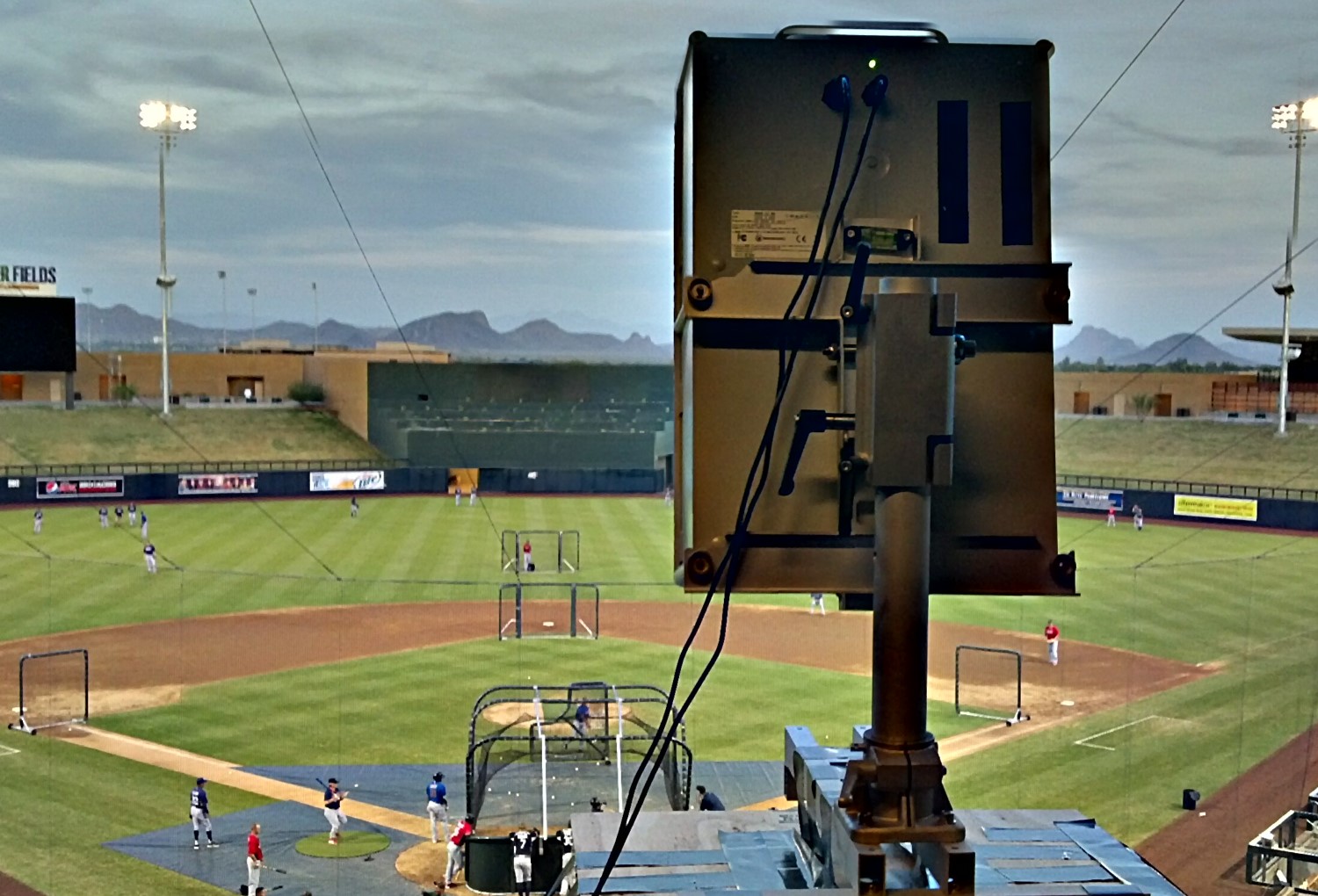Yankees and Mets fans, look away. The Houston Astros v. Atlanta Braves World Series is underway, and it’s only a matter of time before the players are cast secondary to the recently-trending Internet movement known as “The Ump Show.”
The modern-day umpire is only as scrutinized as the game’s intensified obsession with quantifying every solitary aspect has allowed, however. Not only is player performance subjected to overanalysis, but the once-anonymous and impartial by design on-field officiators are now reviewed then subsequently put on blast by an unforgiving public proudly wielding receipts.
Postseason game duties are promised to curiously household name umpires who have sued under the pretense that racial bias, and not statistically-supported incompetence, was to blame for his lack of playoff assignments prior. Conversely, seasoned veterans of the craft with a strong reputation among the league become public enemy no. 1 after blowing a call that robs a pitcher of a perfect game; colossal, but nevertheless human errors that lead to improvements, like that of replay review, seeing their swift implementation into the game.
But where does this cling for constant, mass change within the sport of baseball end?
“Robot Umpires” are a temporary solution most attainable on paper, but not tenable in practice. Tester leagues like the Atlantic League offer the MLB their trial runs for what an electronic strike zone could look like, with an end goal to correct “pace of play” frequently hindered by game disruptions. In doing so, the technological advancements would also circumstantially help assuage what constitutes preventable confrontation.
Axing arguments over balls and strikes altogether removes the heartbeat from a game that’s dehumanizing itself in every which way possible of late, though – with managers notably turned into company line-spewing, glorified PR secretaries overnight. If it can be lost in the dugout, and on the field, how long before the infection spreads to the fans – if it hasn’t already?
Young ballplayers have long taken their cues from their favorite players. But if their heroes recognize no authority behind the plate, how could they? The respect for those officiating their own games would become rendered inert at first pitch.
This from the top-down impact also warps an up-and-comer’s broader psychology as well. If an umpire eradication takes, then the dreaded “negative vibes” your everyday millennial considers their personal kryptonite, only more radioactive, are done away with where they’re actually needed most. If Little League can no longer be what teaches our kids how to respond to conflict, the languish and logistics of being screwed over, and how to stand up for themselves when necessary, then what can?
Would a less hypothetical, and more imminent with each nationally telecast “Ump Show” electronic strike zone be proportional to individual batters’ sizes, or universally indiscriminate? It remains to be seen.
What is seen: solutions to baseball’s woes tend to yield repulsive mutations instead. 7-inning doubleheaders? A runner on second base to start each extra inning? Pine-tar pat downs for vacating pitchers? RoboUmps?
When you start removing staples of the game that have been in place since its 19th-century onset, how long before compromise applies to the player positions on the field as we know them? Why train a career shortstop the complexities of first-baseman footwork when you can hire a crack team to place a magnetic pillar there instead? You can break up a double play by stepping on its cleat all you want, because it can’t cleat you back with a cleat it doesn’t have – nor make you feel bad about yourself in the process.
That is the state of America’s pastime. This needs to be corrected.







